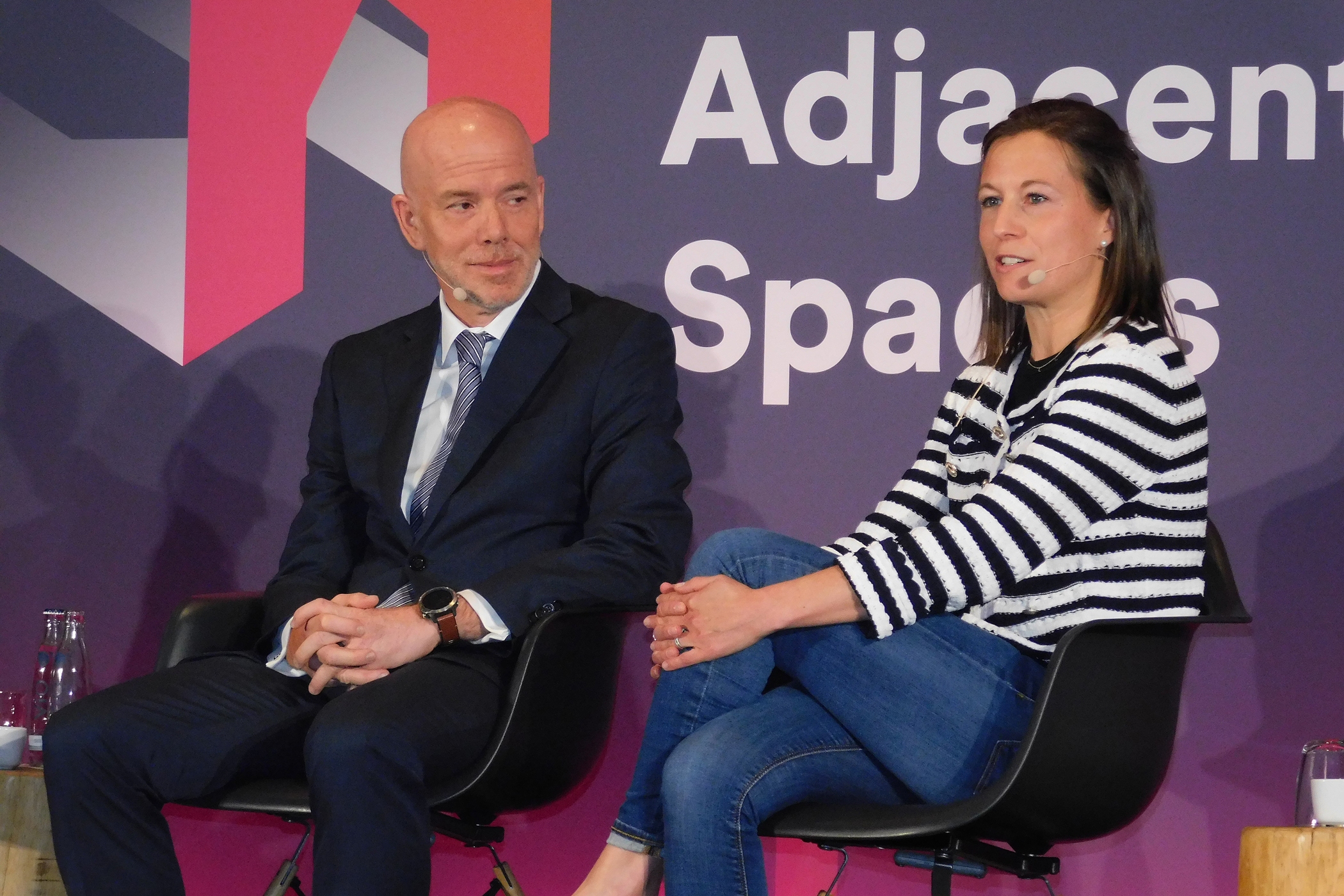BERLIN — Residences and hotels are often viewed as similar but distinct segments within the broader real estate landscape, and some executives say those lines are blurring, which ultimately means an elevated guest — or resident — experience.
During the "Next-Level Residential Hospitality" session at the IHIF Adjacent Spaces event, Jeff Tisdall, Accor's chief business officer for Accor One Living and global head of mixed-use, said getting both sides of the equation right is equal parts art and science.
"There's a role that hospitality excellence and expertise has in really elevating the experience and delivering it with the consistency of that established brand," he said.
Eva White Bachmann, CEO of Ariv Coliving and a former hotel executive at companies such as Ennismore and Meininger, said as major markets continue to struggle with housing shortages, demand for short-term, flexible accommodations will only grow, and it's important for that sector to be serviced well by high-quality operators, such as those you see in the hospitality space.
"Overall we're well aware that how people work, live, travel is just changing so much," she said. "That trend already started pre-pandemic, but I think the pandemic definitely made this development go even faster. There's an increasing base of freelancers who can obviously work from anywhere in any role, but what we're noticing with our customers is it's even people who have an employer. They're not necessarily tied to a location anymore."
The thesis that digital nomads and similar traveling professionals with work flexibility could be a core audience for travel companies is an idea often repeated by Airbnb executives. The hotel industry similarly believes in the idea, given the launches of brands such as Accor One Living — Accor's branded residence vertical that now boasts 135 properties in development or operating across 22 of the company's hotel brands.
Tisdall said the biggest opportunity for crossover in hotels and coliving seems to be in the boutique and lifestyle space. For example, Accor's Ennismore lifestyle division is at a "pretty exciting intersection, right now," he said.
"It's both the growth we're seeing within lifestyle brands and also the very, very significant growth we're seeing in branded residential," he said.

In the past, the conventional wisdom was branded residential projects made much more sense on the higher end of the spectrum, Tisdall said. They were typically tied with luxury and ultra-luxury brands — such as Fairmont and Raffles for his company and Four Seasons or Ritz-Carlton more broadly. That's no longer the case.
"Over the last decade, what we've seen is a number of new entrants on the fashion brand side, with some exciting innovation in that space, and you've seen operators like ourselves ... introduce brands like Mama Shelter," he said. "We'll open our first Mama Shelter branded residence project in early 2024."
N.H. Lee, managing director for Europe for The Ascott Limited, which is a Singapore-based hospitality owner and operator that focuses on hotels, serviced apartments and coliving, said what matters most to the success of a hybrid project is not a promise of luxury but a level of authenticity and a sense of community. He said the latter is often accomplished through smart design and programming.
The Ascott Limited's newest lifestyle coliving brand LYF specifically builds communal cooking spaces to encourage guest and resident interaction. That brand currently has 25 projects across the globe.
"The social kitchen allows our guests to mingle, to cook, to exchange recipes," Lee said. "There will also be a connected workspace or lounge area."
Lee said these concepts help tie guests together and to build better connections to make the property feel like a community or neighborhood.
"One important point for us is to see how properties can offer authentic, local stay experiences for our guests," he said. "The idea is to really embed or integrate the property and the guest into the local community."

